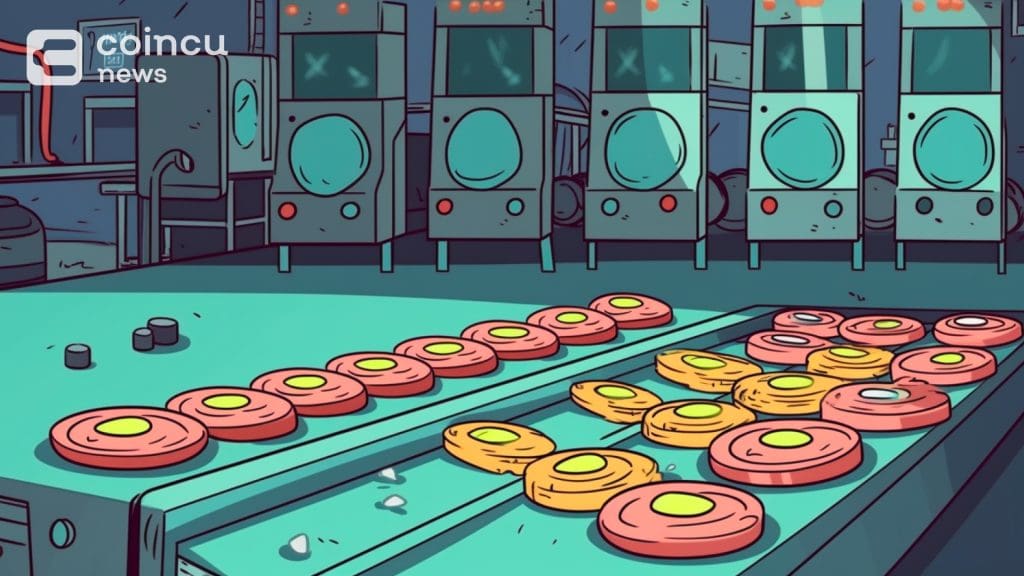Key Points:
- Cosmos Hub outage occurred for nearly 4 hours during a v17 upgrade but has now resumed normal operations.
- Informal Systems and Hypha Cosmos will release a post-mortem report detailing the outage and fixes.
- Similar blockchain outages occurred this year, including nine hours for dYdX Chain and five hours for Solana.
The Cosmos Hub blockchain experienced an unexpected nearly 4-hour outage early this morning but has since resumed normal operations.

Cosmos Hub Outage Occurs During V17 Upgrade
The Cosmos Hub outage occurred during the v17 upgrade, where Hub validators addressed a security vulnerability in the Liquid Staking Module.
According to Cosmos Hub, the issue that caused the outage has been resolved, and the blockchain is now producing blocks again. Informal Systems and Hypha Cosmos will release a detailed post-mortem report shortly, providing comprehensive insights into the Cosmos Hub outage and the steps taken to rectify the situation.
Cosmos Hub, the first blockchain in the Cosmos Network, operates on a proof-of-stake consensus mechanism powered by the ATOM coin. This method allows network participants to “stake” their ATOM coins, earning incentivized rewards that promote the network’s operations. The Cosmos Hub is also known for providing tools and libraries for building blockchain applications.
Recent Blockchain Outages Highlight Upgrade Challenges
This incident follows similar disruptions in other blockchain networks this year. In April, the dYdX Chain, which underlies the dYdX perpetual futures exchange, experienced a significant outage lasting over nine hours due to a scheduled upgrade to version 4. The outage was caused by a bug fix from the Cosmos IAVL library that was incorrectly implemented, leading to network state corruption during the upgrade.
Additionally, Solana faced an outage earlier this year, with block production halted for over five hours before validators managed to restart the network.
| DISCLAIMER: The information on this website is provided as general market commentary and does not constitute investment advice. We encourage you to do your own research before investing. |






















